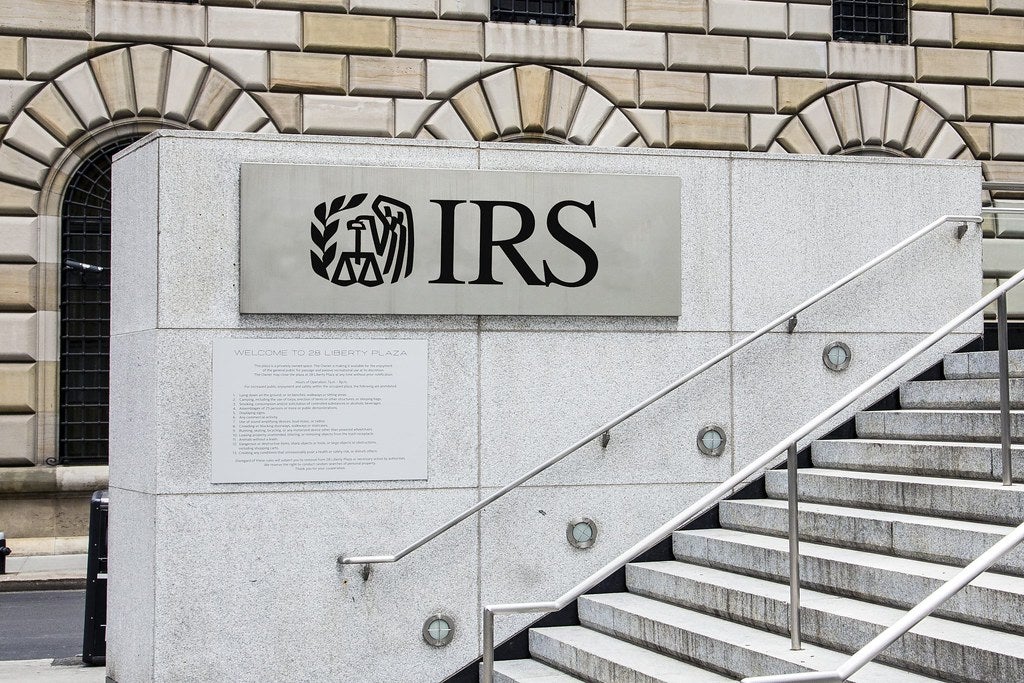What TIGTA Analyzed
In their investigation, TIGTA looked at W-2G forms that are made by casinos when gamblers win a jackpot on a slots game for $1,200 or more or Keno wins that generated $1,500 or more.
In their findings, TIGTA found that 103,000 of the winners never received notices or any documentation attempting to collect on the winnings.
The IRS acknowledged and agreed with the report and is now beginning enforcement actions.
Per the current Internal Revenue Code, all gambling winnings are taxable and must be reported by individuals.
However, gambling losses can be deducted up to the amount of the winnings.
Additional TIGTA Findings
In addition to the abovementioned findings, TIGTA also found that casinos filed hundreds of W-2Gs without taxpayer identification numbers (TINs).
TIGTA mentioned that the IRS doesn’t have enough processes to identify casino noncompliance with excise tax laws. TIGTA also noted that the online sports betting industry is rapidly growing, which doesn’t help when assessing the processes the IRS has in place.
The IRS didn’t seem to be bothered by the W-2Gs without taxpayer IDs, though, as the number was small overall.
Forms W-2G Hasn’t “Evolved” With Gambling Industry Growth
If you look at the current Summary of Withholding Requirements for Form W-2G, online sports betting and casino play aren’t explicitly stated. Meanwhile, sports betting is available in nearly 40 states and Washington, D.C.
“Form W-2G has not evolved with the growth of the gambling industry,” TIGTA said in its report. “For example, the wager codes on Form W-2G include only nine specific types of gambling activities, which do not include a wager code for sports betting. If there was a wager code specifically for sports betting, the IRS could use this information to identify potential non-filers and under-reporters.”
TIGTA also believes that taxpayers underpaid taxes by about $688 billion in 2021, mentioning non-filers make up about 11% of that.
The Failure to File penalty is 5% for each month the unpaid taxes are late, capping at 25%.
In some cases, the IRS can push for criminal prosecution.




































